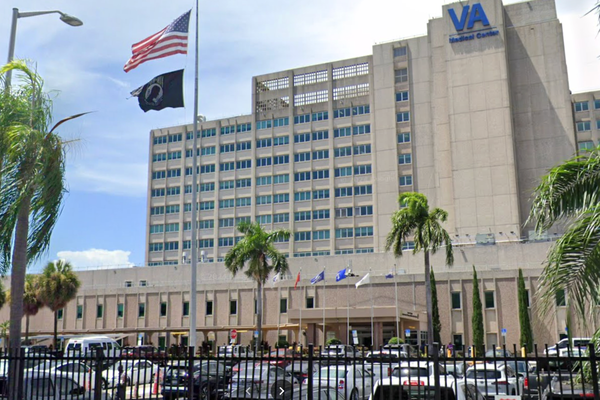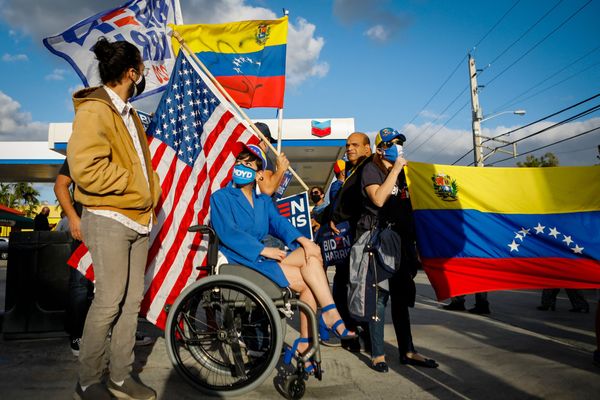
In a recent development, US prosecutors have accused a China-based Canadian individual of stealing trade secrets from Tesla. The individual allegedly obtained confidential information from the electric vehicle company and shared it with his employer in China.
According to the prosecutors, the accused individual worked for Tesla's autonomous driving division before leaving the company in 2020. He is said to have downloaded a large volume of Tesla's autopilot-related source code and transferred it to his personal iCloud account.
Furthermore, the individual is accused of attempting to cover his tracks by deleting the evidence of his actions. However, forensic analysis reportedly revealed the extent of the theft, which included thousands of files and directories containing Tesla's trade secrets.
The prosecutors claim that the stolen information was later shared with his new employer, a Chinese electric vehicle startup. This transfer of intellectual property is alleged to have given the Chinese company an unfair advantage in developing its own autonomous driving technology.
This case highlights the ongoing concerns surrounding intellectual property theft and trade secrets in the technology industry, particularly in the context of US-China relations. The US government has been increasingly vigilant in prosecuting individuals and entities involved in the unauthorized acquisition and transfer of sensitive information.
As the legal proceedings unfold, the outcome of this case could have significant implications for the protection of intellectual property rights and the enforcement of trade secret laws between the US and China.







